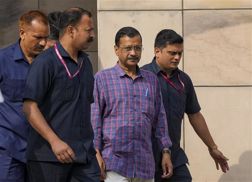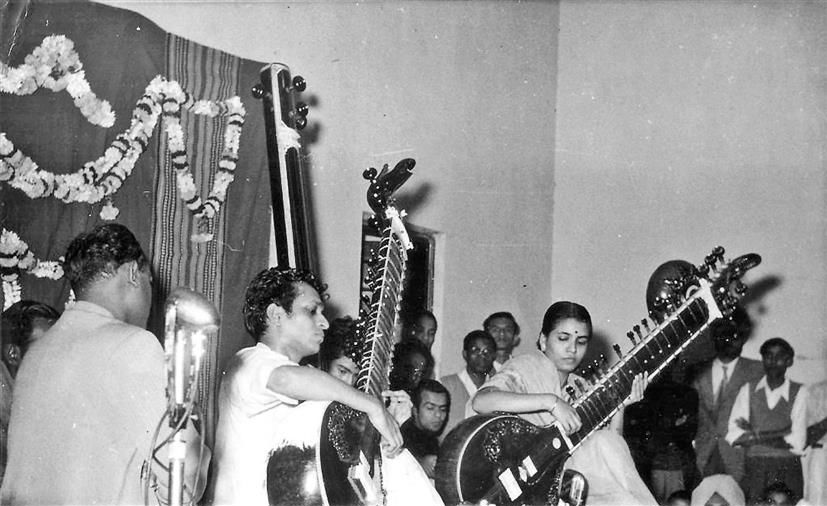
Annapurna Devi performing along with Pt Ravi Shankar.
Malvika Kaul
The film begins with Pandit Nityanand Haldipur (renowned flautist) opening the door of legendary classical musician Annapurna Devi’s Mumbai home. Well known as a recluse, Annapurna may have given fewer than three interviews in her 91 years. Only a handful of people, mostly disciples, were allowed into her Akash Ganga flat. The mystique of sitar maestro Ravi Shankar’s first wife grew after she quit public performance in the mid-1950s. Myths emerged about this extraordinary sitar and surbahar player — that she was arrogant and short-tempered; a monk living a musician’s life; supreme instrumentalist who inherited music maestro Allauddin Khan’s true legacy.
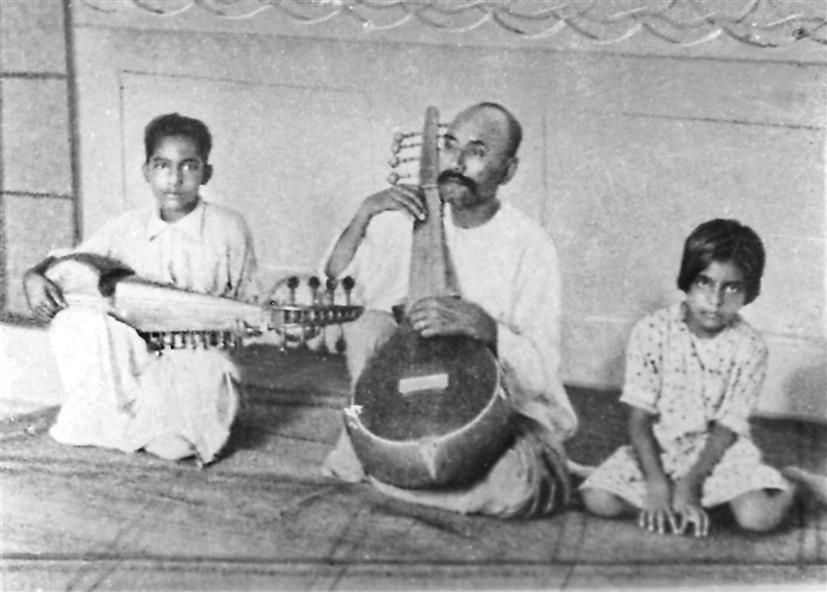
A documentary tries to clear the air on the life and times of the reclusive doyenne of Hindustani music — Ustad Allauddin Khan’s daughter and Pt Ravi Shankar’s first wife
In a live concert in 1956, Annapurna Devi played each note more beautifully than Ravi Shankar, who looked upset during the performance. Annapurna had sensed his insecurity and decided not to play again in public
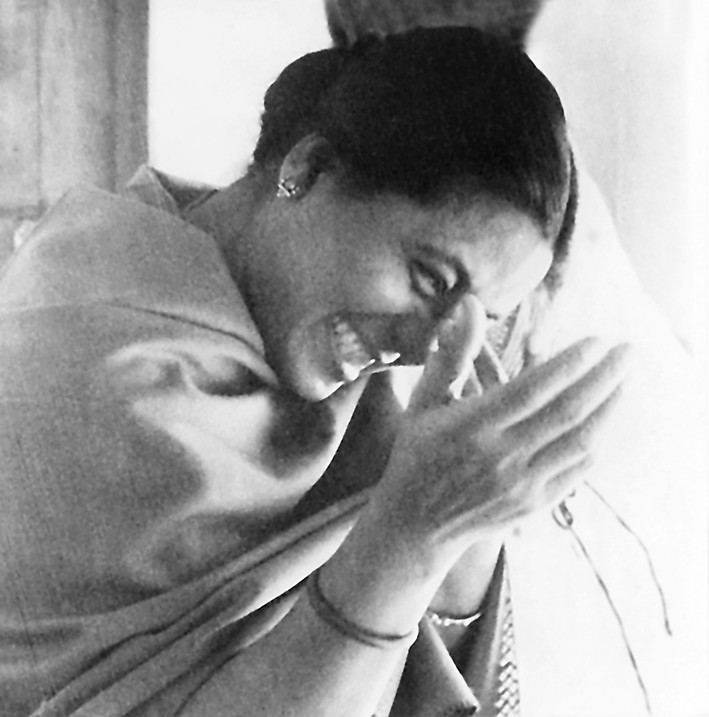
The documentary, ‘6-A Akash Ganga’, directed by Nirmal Chander and produced by the Annapurna Devi Foundation, was screened for the first time at the IIC in Delhi recently. It attempts to reveal the woman behind the myths: a loving and sensitive wife to an insecure, though talented, husband; an indulgent yet strict mother grieving the early death of her son; and a music teacher who polished gems like Hariprasad Chaurasia (flute), Nikhil Banerjee (sitar), Sandhya Phadke (sitar), Ashish Khan (sarod), Bahadur Khan (sarod), and many more.
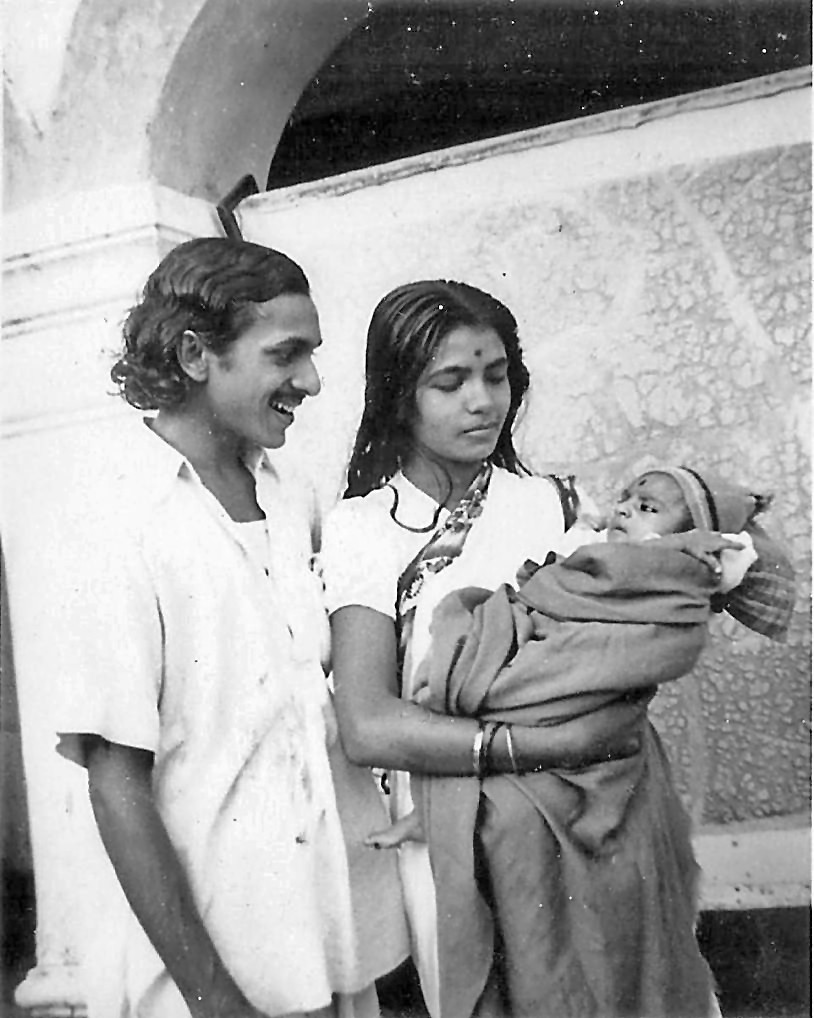
Nityanand, a former disciple and caregiver during her last six years, is the chief narrator in the film. He refers to her as “guru maa” or just “maa” and interviews several people who knew her closely. Nirmal’s challenge was that Annapurna refused to be shown in the film. But we hear her voice and through old photographs and recordings, we get closer to her. Nirmal started filming in Akash Ganga just 12 days before Annapurna passed away in 2018. This is his second film on Annapurna; earlier, he directed ‘Guru Maa’, a film sponsored by Sangeet Natak Akademi.
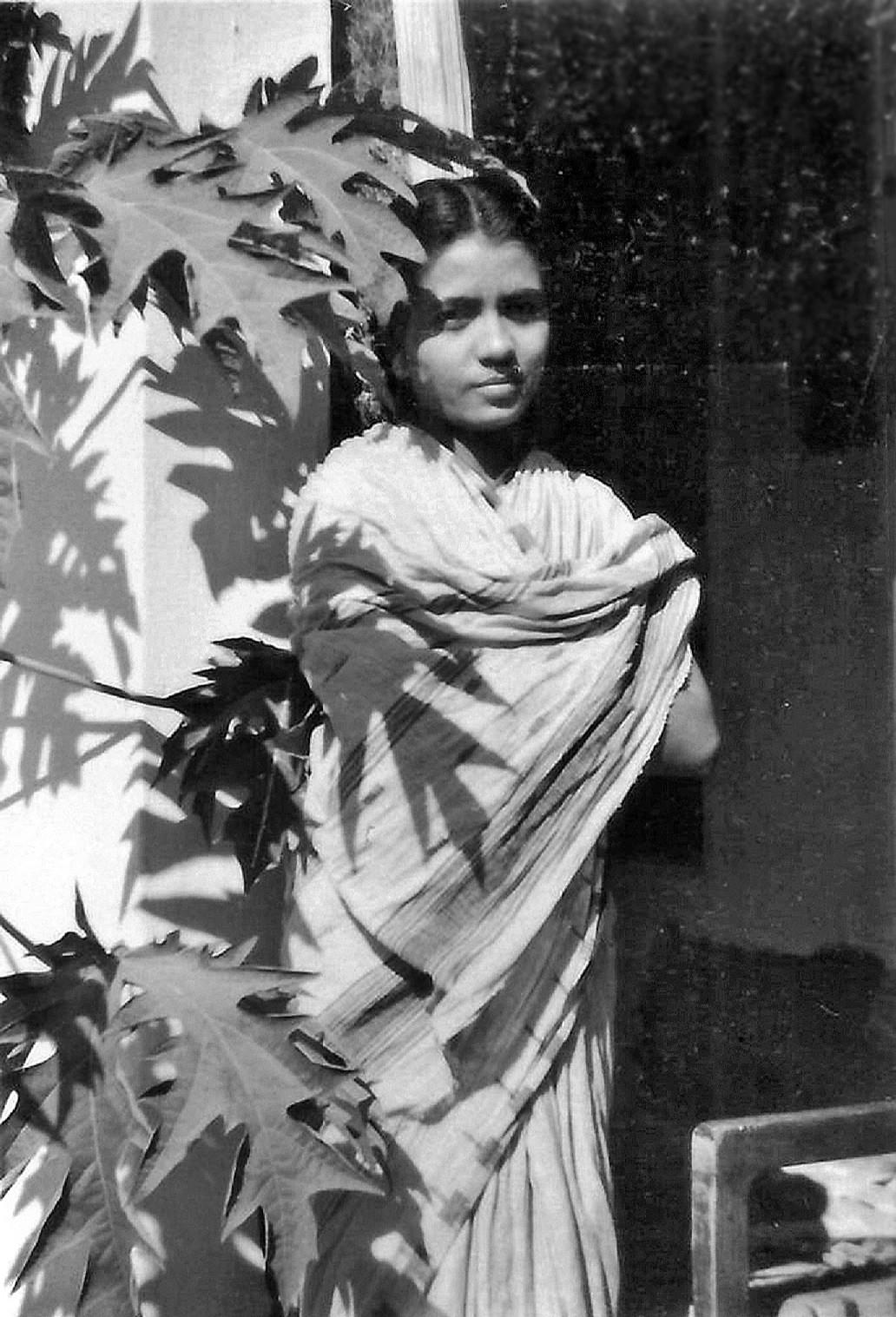
The early shots take us up to the door of her bedroom; inside, Annapurna lies on a bed, a nurse beside her. Nityanand is encouraging her to eat something, but she refuses. Later, Nityanand eats her leftovers as ‘prasad’. The bedroom has huge piles of something covered with cloth. Nityanand explains she filled her room with things to feel more secure. Her kitchen is small, but she never let her disciples go hungry. Even the crows and pigeons that came to her windows were fed generously.
Born in 1926 in Maihar (a town in Madhya Pradesh), her father Ustad Allauddin heard her correcting her elder brother, Akbar Ali Khan, during his practice session. She became his disciple, and her father encouraged her to take up the more difficult surbahar (bass sitar). At barely 15, she was married to her father’s prodigious disciple, Ravi Shankar. Stories about their unhappy marriage circulated for two decades. But the film hints at the love the couple initially may have shared as we look at photographs of Annapurna beaming at her wedding (she converted to Hinduism to marry Ravi); joyful while holding her son Shubhendra on the terrace; and performing with downcast eyes along with her already famous husband.
Did her marriage end her career as a public musician? Two people in the film provide critical inputs: Pt Ravi’s biographer Oliver Craske (‘Indian Sun: The Life and Music of Ravi Shankar’) and musician and critic Shakuntala Narasimhan. Craske says the two were “very different individuals”. Ravi probably shared with his teenage wife stories of his previous relationships with other women. Craske says that Ravi’s flirtations and friendships strained their fragile union. Later in their marriage, Ravi accused her of having an affair with his good friend Biman Ghosh. He tried to catch the two ‘red-handed’ and got the police involved. This incident was the “turning point” in their relationship, and their marriage ended soon after.
Shakuntala believes that it was Ravi’s artistic rivalry that broke their marriage. She says during a live concert in December 1956, Annapurna played each note more beautifully than Ravi, and the audience showered her with praise. Ravi looked upset during the performance. Later, Annapurna said in an interview that she had sensed her husband’s insecurity and decided not to play again in public. Shakuntala says this was the kind of compromise many gifted women made in those times to protect their marriage and home.
Annapurna was perhaps the only woman instrumentalist of note from the Fifties to the Seventies. Today, there are only three scratchy recordings of her music.
Annapurna’s diary, written in Bengali, is an important piece of evidence in the film. Some pages are torn, some filled with despair. She writes about ‘his’ betrayal and his cunningness, and how heartbroken he left her. One note says, “My hopes are dashed.” In another entry, she writes that she often thinks of dying.
Raising her son and coaching him in music gave her the courage to continue. The camera offers glimpses of the illustrations and sketches Shubhendra made as a child. She kept some of those sketches at her bedside till her last day. She also kept some clippings of reviews and brochures of Ravi’s early concerts. She maintained deep respect for his musical capacity till the end. Nityanand says ‘Maa’ often said her father’s music gave her peace. She practised at night usually, sometimes until 3 am.
Annapurna did not accept disciples easily and she took no fee. She accepted one after three years, another after 10. Pandit Hariprasad Chaurasia says he was rejected multiple times. She was a strict but compassionate teacher. Once, he says, she threw a tanpura at him, frustrated at his performance. “We both stared at each other for some time, then she burst out laughing,” says Chaurasia. Disciples like Basant Kabra (distinguished sarod player) and Vinay Bharat Ram (industrialist who learnt vocals) say that learning from Annapurna was a unique experience. She taught by singing to them. She transformed their music and encouraged them to find their own style.
In 1982, Annapurna married her disciple and management guru Rooshikumar Pandya. The film briefly presents a cheerful man who many agree gave Annapurna a new lease of life. He provided financial and emotional support that enabled her to continue with her music sadhana.
Nityanand now teaches students in A-6 Akash Ganga. He says Annapurna wanted her home to continue training musicians in the ragas her Baba had originally composed. When asked why she did not restart performing, Nityanand says she invested better by leaving behind outstanding disciples.
Join Whatsapp Channel of The Tribune for latest updates.























